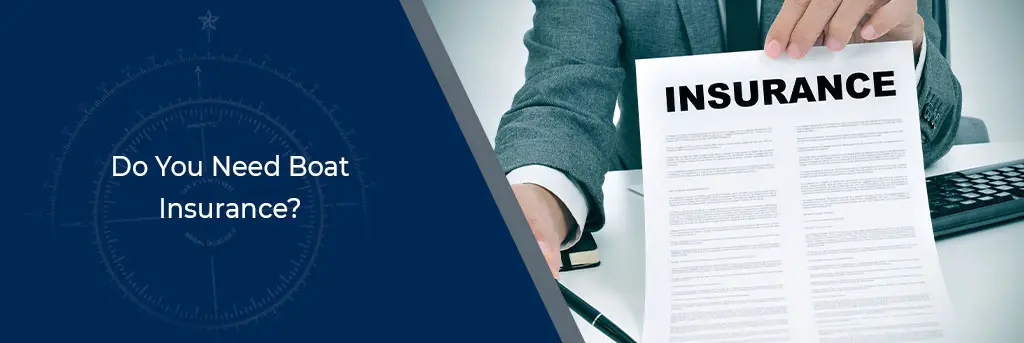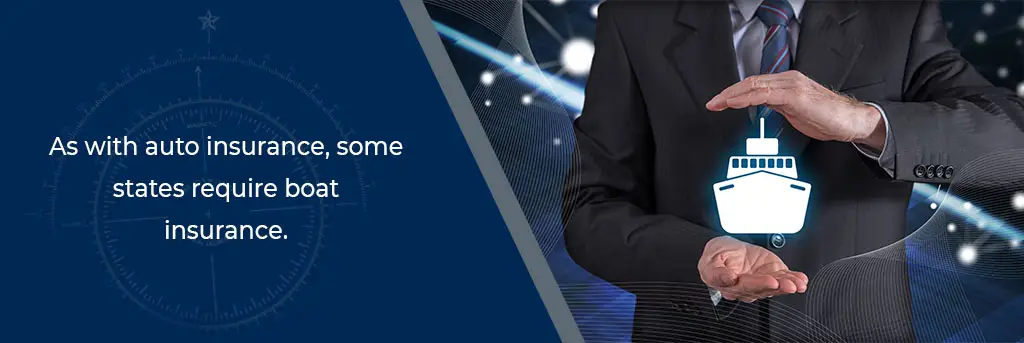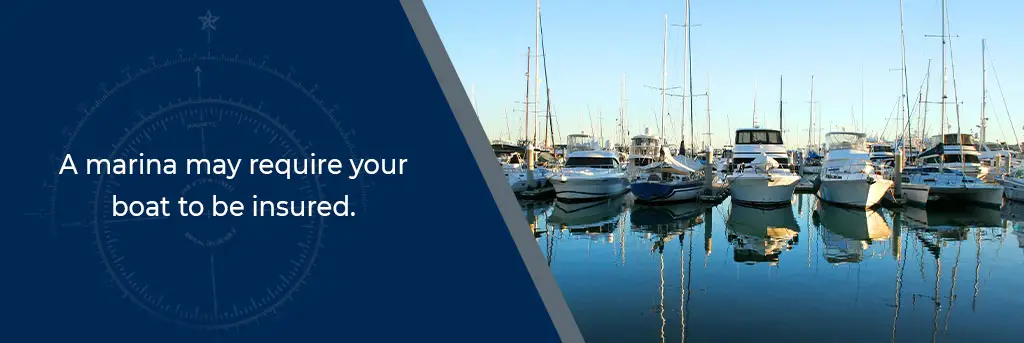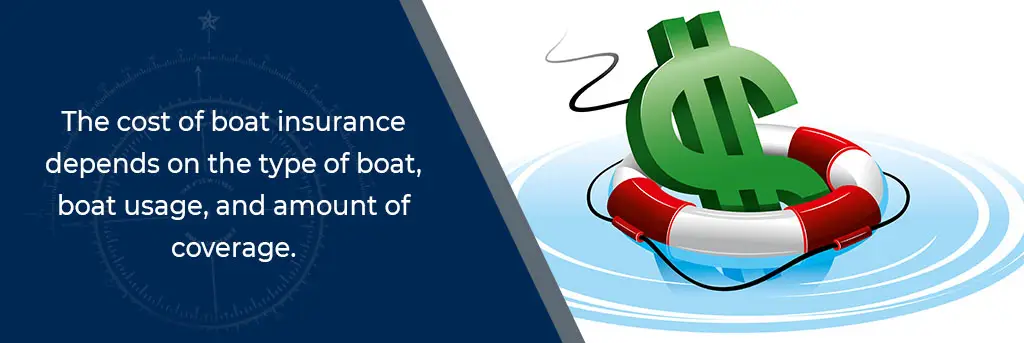Disclaimer: This article is intended for general informational purposes only and should not be considered legal or insurance advice. Please consult a licensed marine insurance agent to confirm coverage requirements in your area.
As a boat owner or someone considering purchasing a new boat, you may wonder whether boat insurance is truly necessary. While your state may or may not require it, there are a number of practical reasons to consider coverage. In this article, we outline when insurance may be required, what different policy types cover, and how Crevalle boat owners can make informed decisions about protecting their investment.

When Is Boat Insurance Required?
Your State Requires It
Some U.S. states require boat insurance under specific circumstances. As of this writing, those include:
- Arkansas: Liability insurance for boats with 50+ HP
- Utah: Coverage for injury, death, and property damage for boats with 50+ HP
- Hawaii: Required for vessels parked in DOBOR facilities
Always check with a current source or insurance provider to verify local laws.
Your Marina Requires It
Even if your state doesn’t require insurance, your marina or storage facility might. If you dock or store your boat at a public or private marina, insurance may be a mandatory part of your agreement.
You’re Financing Your Boat
If you’re financing your Crevalle, most lenders will require full insurance coverage. The bank will likely be listed as a lienholder and co-payee on the policy to ensure repayment if the boat is lost or damaged.

Why Get Boat Insurance Even If It’s Not Required?
Boat insurance helps cover expensive damage and offers liability protection in case of accidents. Even if not required, it’s often a smart financial move.
Typical policies may include:
- Hull and equipment damage
- Liability for injuries or damage to others
- Medical payments
- Coverage for uninsured boaters
- Towing and assistance
Types of Boat Insurance Coverage
Agreed Value vs. Actual Cash Value
“Agreed value” covers the boat for its value when the policy was issued, while “actual cash value” factors in depreciation. The former costs more upfront, but may offer a higher payout.
All-Risk vs. Named Perils
“All-risk” policies cover everything not explicitly excluded. “Named perils” cover only what’s listed. Know what’s covered—and what’s not.
Boat vs. Yacht Policies
Generally, boats 26′ and under (like the 24 HCO or 26 HBW) fall under boat policies, while the 33 CSF typically requires a yacht policy, which may offer more expansive coverage.

What Impacts the Cost of Boat Insurance?
- Boat value and size
- Horsepower and speed
- Storage location
- Primary usage (recreational, commercial, charter)
- Time spent in high-risk areas like Florida

Tips to Reduce Boat Insurance Costs
- Bundle with auto/home policies
- Take a certified boating safety course
- Install approved safety gear onboard
- Raise your deductible
- Ask about winter layup discounts
Final Thoughts
While boat insurance may not always be required, it often provides peace of mind and financial protection for Crevalle owners. Every boat and boater is different—which is why it’s important to work with a licensed marine insurance agent to choose the right policy for your needs.
Need more owner resources? Register your Crevalle and follow us on Facebook for updates and community posts. For cold-weather prep, check out our Winterizing Guide.
Content last reviewed: April 2024






